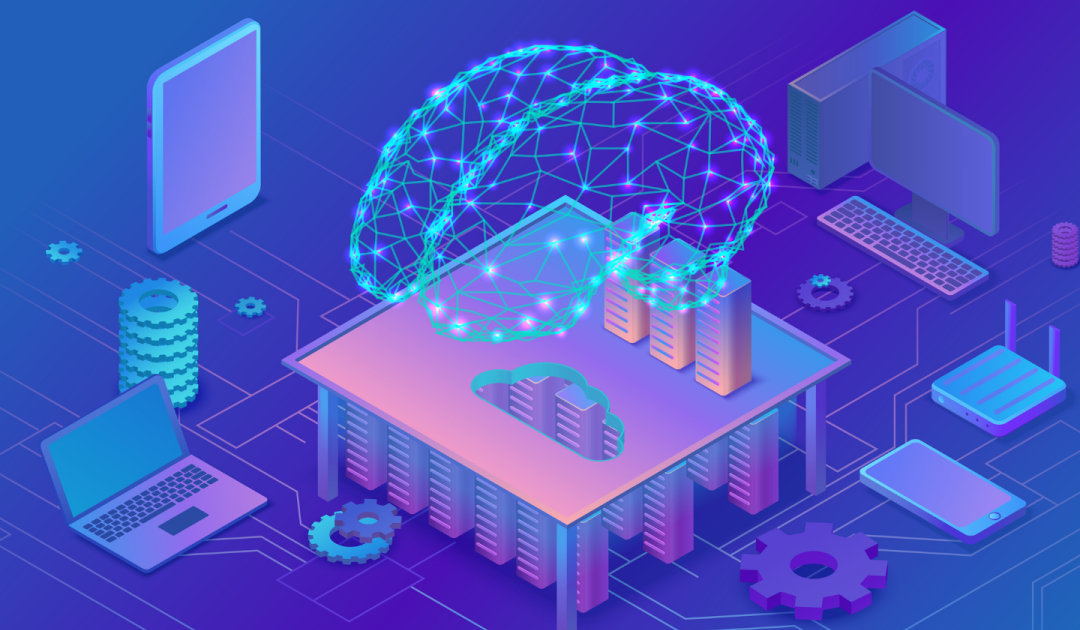Over the past three years, artificial intelligence (AI) has emerged as a transformative force across various industries, significantly impacting the job market. The rapid advancements in AI technology have sparked both excitement and concern regarding its effects on employment. In this blog post, we will delve into the evolving relationship between AI and jobs, examining key developments and shedding light on the nuanced landscape that has emerged during the past three years.
Automation and Job Displacement:
One of the primary concerns associated with AI is its potential to automate tasks traditionally performed by humans, leading to job displacement. Over the last three years, we have witnessed a significant increase in the adoption of AI-driven automation in various sectors. Routine, repetitive tasks in fields such as manufacturing, customer service, and data entry have been increasingly delegated to AI systems, resulting in a decline in the demand for certain job roles.
Job Creation and Augmentation:
While AI has undoubtedly disrupted certain job markets, it has also led to the creation of new job roles and augmented existing ones. The demand for skilled professionals in AI-related fields has skyrocketed, as organizations seek individuals with expertise in developing, implementing, and managing AI systems. Roles such as AI engineers, data scientists, machine learning specialists, and AI ethicists have gained prominence, offering exciting career opportunities for those equipped with the right skills.
Skill Adaptation and Reskilling:
As the landscape of jobs evolves due to AI integration, there is an increasing need for individuals to adapt and acquire new skills. The past three years have witnessed a growing emphasis on reskilling and upskilling programs to equip the workforce with the capabilities required in the AI-driven era. Organizations, educational institutions, and governments have recognized the importance of investing in training initiatives to ensure a smooth transition and reduce the impact of job displacement.
Human-AI Collaboration:
Rather than replacing humans, AI has demonstrated its potential to augment human capabilities and enable more efficient and productive workflows. Collaborative approaches, such as human-AI partnerships, have gained traction in various industries. AI systems can assist humans in performing complex tasks, providing data-driven insights, and supporting decision-making processes. This collaboration has led to improved productivity and enhanced job satisfaction, as humans focus on higher-level cognitive tasks while relying on AI for data analysis and repetitive operations.
Ethical Considerations and Regulatory Frameworks:
With the rise of AI, ethical considerations and regulatory frameworks have become crucial in ensuring responsible AI deployment. Over the past three years, discussions around AI ethics, fairness, transparency, and bias have gained prominence. Governments and organizations have started implementing regulations and guidelines to address these concerns and mitigate potential risks associated with AI, ensuring that the technology is developed and used responsibly to safeguard societal well-being.
The last three years have witnessed a significant transformation in the relationship between AI and jobs. While AI-driven automation has resulted in job displacement in certain sectors, it has also created new opportunities and augmented existing roles. Adaptation and reskilling have become essential for individuals to thrive in the AI era, and human-AI collaboration has emerged as a powerful approach to harness the full potential of AI technology. As we move forward, it is crucial to continue addressing ethical considerations and establishing robust regulatory frameworks to ensure the responsible development and deployment of AI, fostering a future where humans and AI systems work together harmoniously.


 MEWS is a full service web development Internet marketing company and technology integrator founded in 2003, by leading industry consultants with previous technology experience.MEWS is an Internet services and solutions company with interests in website development – Mobile applications– domain name registrations - web hosting.
MEWS is a full service web development Internet marketing company and technology integrator founded in 2003, by leading industry consultants with previous technology experience.MEWS is an Internet services and solutions company with interests in website development – Mobile applications– domain name registrations - web hosting.